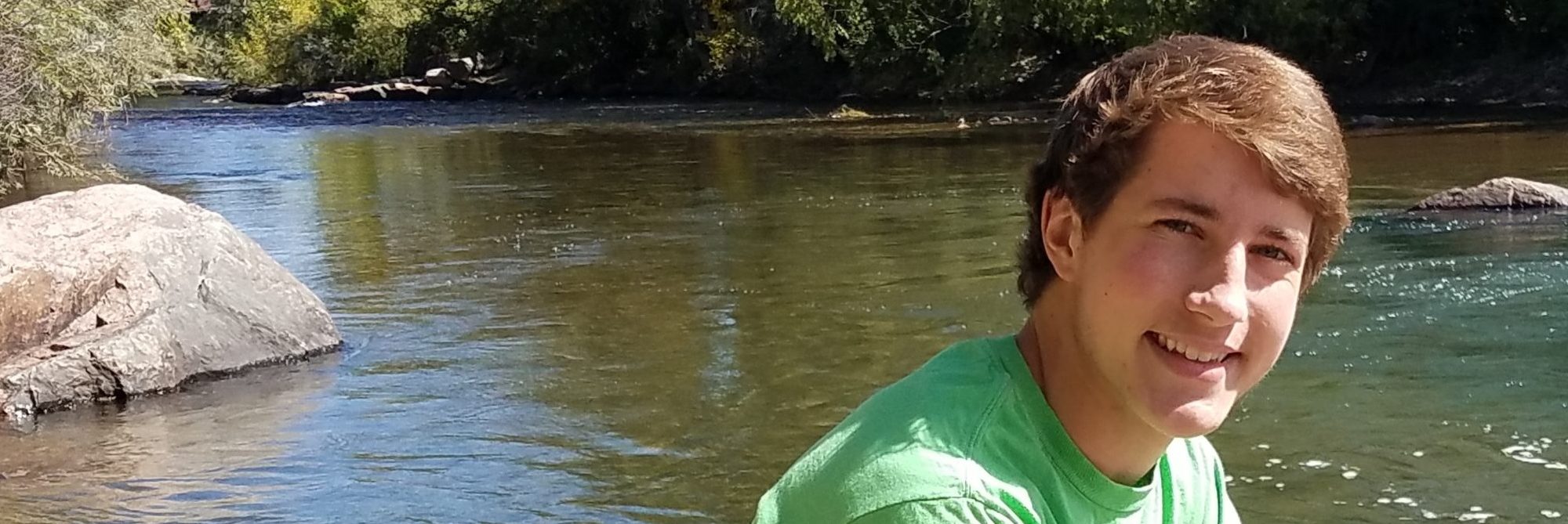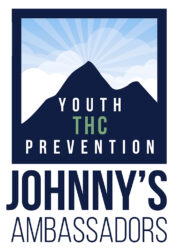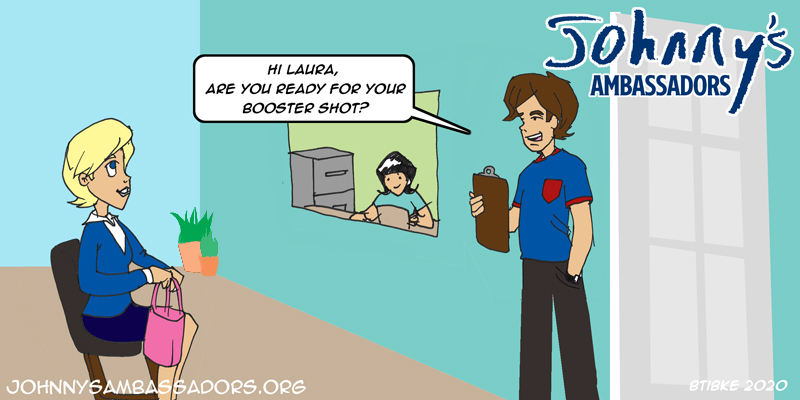By Laura Stack
Continuing our Mental Health Month theme, I’m introducing a four-part series (this is part 1) on how to talk to your kids about drugs and why drugs are so bad for them from a mental health perspective.
You’ve probably seen this topic addressed before—maybe even a lot. Why is it so popular? Because (a) it’s really important, (b) all kids need this information, and (c) it works! That’s why we’re tackling it again, and this article is just the start. Over the next few weeks, we’ll take separate looks at how you can talk to little kids, tweens, and teens about drugs, using language they’ll understand and remember.
You, the Teacher
As parents, you and your partner are your child’s first and most important teachers. They pick up just about everything from you, from speech to basic habits to attitude. No one will shape their young minds more. This gives you the opportunity to create a solid foundation for your child’s mental health.
When you’re there for your kids, they’ll always look to you for advice and as a role model. The National Surveys on Drug Use and Health (NSDUH), which are conducted by the Substance Abuse and Mental Health Services Administration (SAMSHA), analyzed data from 2015 through 2018. The researchers focused on adolescents and young adults who had a parent born between 1955 and 1984, who also took part in the survey. The researchers found that kids with mothers who had used marijuana in the past, but not for at least a year, were 30% more likely to use marijuana compared to kids with mothers who never used the drug. Compared with kids whose mothers never used marijuana, those whose mothers used the drug within the past year were 70% more likely to have started using cannabis. Similarly, kids with father who used marijuana within the past year were 80% more likely to use cannabis compared to kids whose parents never used the drug.
Normalizing marijuana through commercialization and legalization means as a parent, there is no neutral response to marijuana anymore. A neutral or non-response is effectively pro-pot; only a clear rebuff or refute is anti-pot.
So, take advantage of this, and talk with them on the overall badness of smoking marijuana on their mental health, especially today’s more potent extract forms. According to the National Institutes of Health, marijuana use is associated with development of suicidal thoughts; cognitive impairment and decreased performance in school/work; increased risk of psychosis and schizophrenia; development of marijuana use disorder (addiction); worsening depression over time; and potential for future substance abuse.
The Basics
No matter how young or old your kids are, keep these things in mind when it comes to talking about substance abuse.
First: don’t assume your kids already know the risks. They may not, especially when the media, friends, and movies try to make drug use look cool. They need to know why they should “just say no,” or you’re going to get pushback. So, get educated yourself by reading the research we’ve compiled for you on our website.
Second: quantity has a quality of its own. People talk about spending “quality time” with their kids, and that’s important. But quantity of time is just as important when it comes to building emotional ties, especially when you talk about your lives together. A Columbia University study concluded young people are less likely to drink or use drugs when they eat at least five meals together per week with their family. Take advantage of times like this and car rides, etc., to talk.
Third, when talking to your kids about drugs, broaden the subject as they become capable of understanding more to include other types of substance abuse, including smoking, drinking, and harder drugs.
How to Begin
Begin talking with your kids about drugs young (some experts recommend as young as five years old, or even younger) and repeat the conversations on a regular basis. Make them two-way conversations, not one-sided lectures. Let your kids talk and ask questions. Let them know you’re discussing this stuff because you love them and don’t want them to get hurt.
If your kids feel they can ask you questions about drugs and can depend on you to give them straight answers without yelling or condemnation, they’re more likely to come to you for advice if drugs raise their ugly heads.
It’s Like a Booster Shot!
Luckily, most kids don’t do drugs. One of the reasons why is that most of the time, kids actually listen to their parents. So, talk to your kids about drugs! Think of it as another type of booster shot, to fight off an especially nasty infection. This is one conversation to have repeatedly as your kids’ lives and the world change, in the hope that what you’ve said will stick.
My father was a Colonel in the Air Force, so I was familiar with the role of a drill sergeant to teach a recruit something over and over until the recruit does it automatically. Of course, you won’t be harsh like a drill instructor, but when you repeat yourself over and over, they will hopefully learn to reject drugs automatically.
Of course, talking doesn’t guarantee they will listen. We talked to our children about drugs until we were blue in the face, and yet, Johnny still chose to smoke marijuana and do dabs (high-THC chemical extracts), which later caused his suicide due to the marijuana-induced psychosis and schizophrenia that resulted. Three days before he died, Johnny apologized and acknowledged that I was right all along about the marijuana—that it had ruined his brain and his life. This is not a conversation I want you to have with one of your children.
Come back again next week, when we discuss in detail how to talk to kids under 10 about drugs.


